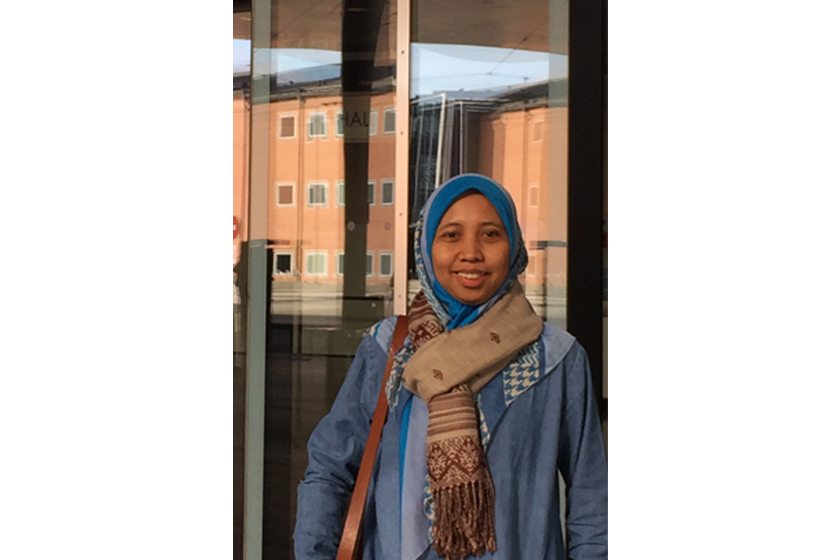
05 November 2024
Join Our Lecture on “How Is a Human-Rights Approach to Disability Applied in Higher Education?”
How can higher education use a human-rights approach to better support students with disabilities? J... Read More
The Australia Awards are prestigious, transformational scholarships and short courses offered to emerging leaders for study, research and professional development in Australia

14 Dec 2020
 Digital education during COVID-19 pandemic: a strategy to improve mental health being among parents and teachers of kindergarten in Sedayu, Yogyakarta
Digital education during COVID-19 pandemic: a strategy to improve mental health being among parents and teachers of kindergarten in Sedayu, Yogyakarta
Project leader: Mrs. Erna Rochmawati
Level of education and university: PhD, The University of Adelaide
Collaborating Organisations: TK Aisyah Bustanul Athfal; Department of Nuclear Engineering and Engineering Physic Universitas Gadjah Mada
Project Location: DI Yogyakarta
Activity Type: Knowledge and technology transfer
Sector: Disability Services
Project Rationale:
As of March 16, 2020, almost all schools and colleges were closed in all regions in Indonesia. Among the various levels of education, kindergarten education is the most disrupted. At this level, the process of digitising education, or moving to online learning, is not as easy as other levels and requires the involvement of parents at home. Through focus group discussions with kindergarten teachers in Yogyakarta, information was obtained that the digitalisation method that had been used had minimal knowledge transfer and tended to impose tasks on parents because the parents did the work. Such a situation impacts on the mental health well-being of parents and students. A study conducted by Gassman-Pines, Oltmans and Fitz-Henley (2020) found that 86% reported hardship and the number of parents reporting daily negative moods has increased significantly since the start of the pandemic. In addition, this makes it difficult for teachers to assess students' development because in children's education, the process of development and growth is much more important than the completed tasks.
Although online learning has impacts on both parents and teachers, face-to-face learning in the classroom for kindergarten education should be reduced as much as possible. This is based on a report from the Indonesian Pediatrician Association (IDAI) that Indonesia ranks first in the child mortality rate due to COVID-19 in the Asia Pacific (2.5%). In fact, various media have also reported that Indonesia's child mortality rate due to COVID-19 is the highest in the world. As of August 13, 2020, based on the IDAI report, more than 11,000 children in Indonesia have been confirmed positive with COVID-19. In addition, the implementation of health protocols for kindergarten level students is relatively more difficult because of the character of children in this learning stage.
According to WHO, the COVID-19 pandemic is predicted to continue for the next two years. This means that the disruption of education will continue for the next two years. Therefore, given the disruption in the level of childhood education and the high mortality of Indonesian children due to COVID-19, a practical solution is needed, which will be answered in this study. This program seeks to solve these two problems simultaneously, namely through the creation of a reliable and on-demand information technology-based assessment system. Assessment activities are an essential pillar in education besides the curriculum and learning process, so they must be optimised during the pandemic. The assessment referred to in this program is through an Information System which is independent of the internet, using a mobile phone, and easy to use by parents and teachers with minimal hardware specifications. The information system's design architecture uses the internet to send reports only, while recording/writing reports can be done offline.
Through this program, it is expected that the assessment process will no longer be a hassle for parents of kindergarten students who have to take and submit assignments every week. This of course, will reduce physical contact and reduce the risk of COVID-19 spread. Teachers are also expected to continue monitoring the child's development and development process. The program could reduce anxiety and stress for both parents and teachers.
Project Beneficiaries:
TK Aisyiyah Bustanul Athfal (ABA) Sedayu, Yogyakarta.
Priority Development Area:
Human development for a productive and healthy society
Link with Australian organisation:
School of Nursing University of Newcastle
Share this article on:
 Related Project Profiles
Related Project ProfilesThis website uses cookies to improve your website experience. We may also use cookies to analyse website data so that we can improve our online services. To find out more visit our privacy policy.

